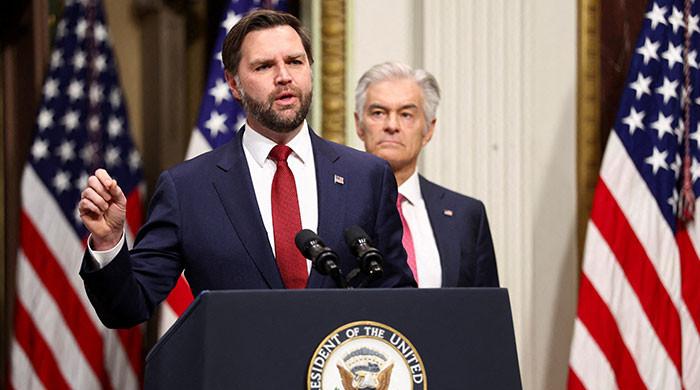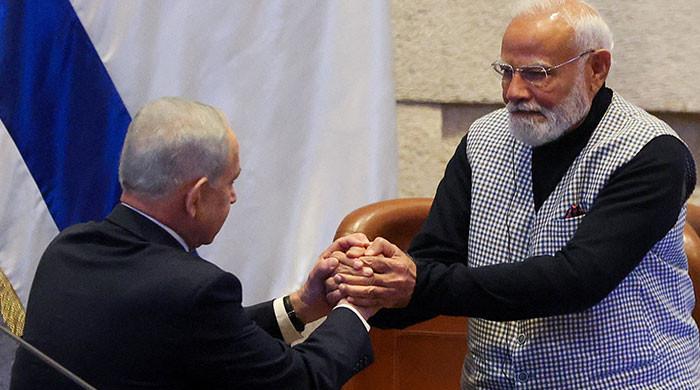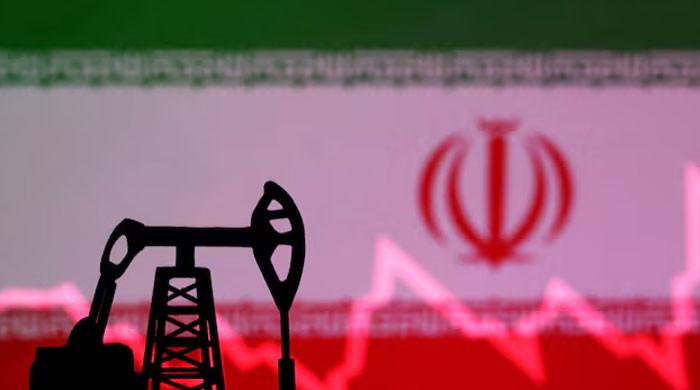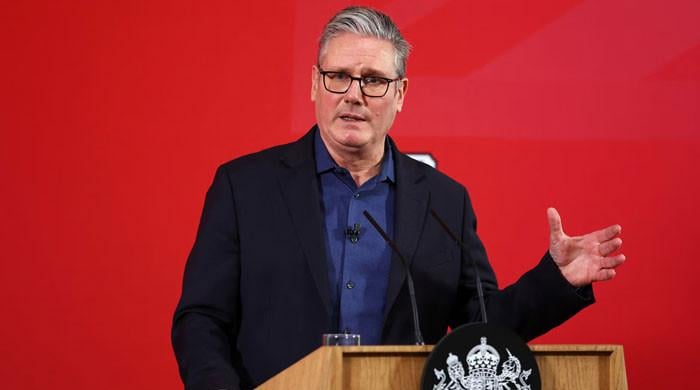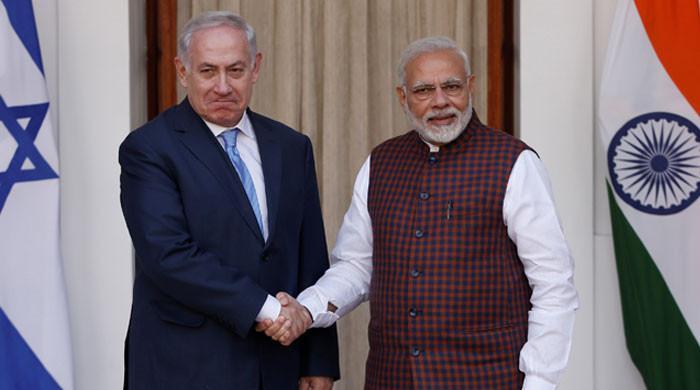UK general election 2019: Who will win?
Since June 2016, Britain has been in the throes of uncertainty
December 11, 2019
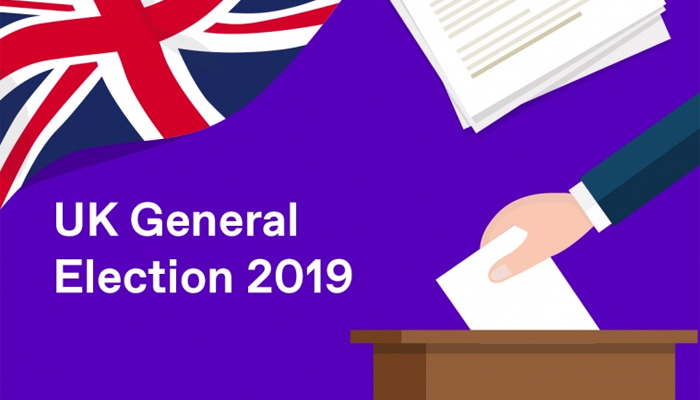
Since June 2016, Britain has been in the throes of uncertainty. Although the result of the referendum was marginally in favour of leaving the European Union (EU), it was not known then, or even today, three years later, on what terms and conditions will Britain be exiting the Union.
This uncertainty about Britain’s future has seriously impacted its economy and its position in the world. It is no wonder then that this crisis has resulted in an unceremonious and premature end of the premierships of two consecutive prime ministers, i.e. David Cameron and Theresa May.
The referendum’s outcome also gave rise to one snap election in June 2017, which led to a reduction in the Conservative party’s majority and a hung parliament.
The United Kingdom is now deeply divided into two political tribes: the ‘remainers’ and the ‘leavers’. This split is also visible in the parliament, where numerous bills and resolutions regarding the European Union have failed to attain any majority.
What to expect?
On December 12, Britain will head to the polls, the third in four years, and under the shadow of Brexit.
The government led by the Conservative party insists that the general election will help break the current impasse and assist the political party to achieve absolute majority in the parliament. This means it will have to secure 326 plus seats in the house of 650 lawmakers.
However, results of the last three elections have resulted in a hung parliament or in a modest majority for the Conservatives. David Cameron governed in collaboration with the Liberal Democrats from May 2010 to May 2015. He resigned after he lost the EU referendum. His successor, Theresa May, governed under a confidence-supply-agreement with the Democratic Unionist Party (DUP) after the 2017 elections.
Another reason, for those predicting a close contest, is that the Conservative party’s biggest rival, the Labour Party, has seen a huge surge in their votes recently, which helped it gain seats in the 2017 elections. Its prospects to win have improved considerably in the last few years, especially its popularity amongst young voters. Jeremy Corbyn, the leader of the Labour party, also has a strong following among the hard core left leaning voters. Furthermore, elected mayors in all major cities of the UK, therefore London, Manchester and Bristol, belong to the Labour party.
Labour is hopeful to gain over 320 seats in the parliament.
On the other hand, smaller parties such as the Liberal Democrats, Scottish National Party, DUP and Sinn Fein have registered a strong presence in a few constituencies, and have become serious contenders.
Separately, a new entrant, known as the Brexit Party, is also in the mix and will be contesting for the first time. It is, in fact, in an unannounced alliance with the Conservatives, and is only nominating candidates on marginal seats where they can capture votes from Labour supporters, who voted to leave in the referendum. In other words, the new party could help the Conservative candidates win.
All these factors make it difficult for pollsters to predict the outcome.
But what about Brexit?
Inarguably, no other issue holds as much importance in these election as Brexit. Other major issues include, funding for the National Health Services, corporate taxation, climate and environment, student fees and pensions.
If a hung parliament were to emerge again, the Brexit issue will remain unresolved. A hung parliament may then lend more support to a second referendum or an exit from the EU without a deal.
Asian MPs in the parliament
There is also a serious divide amongst the British Asians in the parliament on Brexit. However, majority of the Pakistanis and Bangladeshi-origin voters have supported the ‘remain’ option and may vote for parties who have policies to help keep Britain in the EU.
On the other hand, voters of Indian-origin are divided in the middle, and a sizable portion of Indian voters supported the ‘leave’ option.
If the UK Prime Minister Boris Johnson wants to get through the parliament his Brexit deal, he will need a parliamentary majority. But is that within grasp? It remains to be seen.
Siddiqui is a London-based analyst on South Asia. He tweets @SiddiquiAftab




